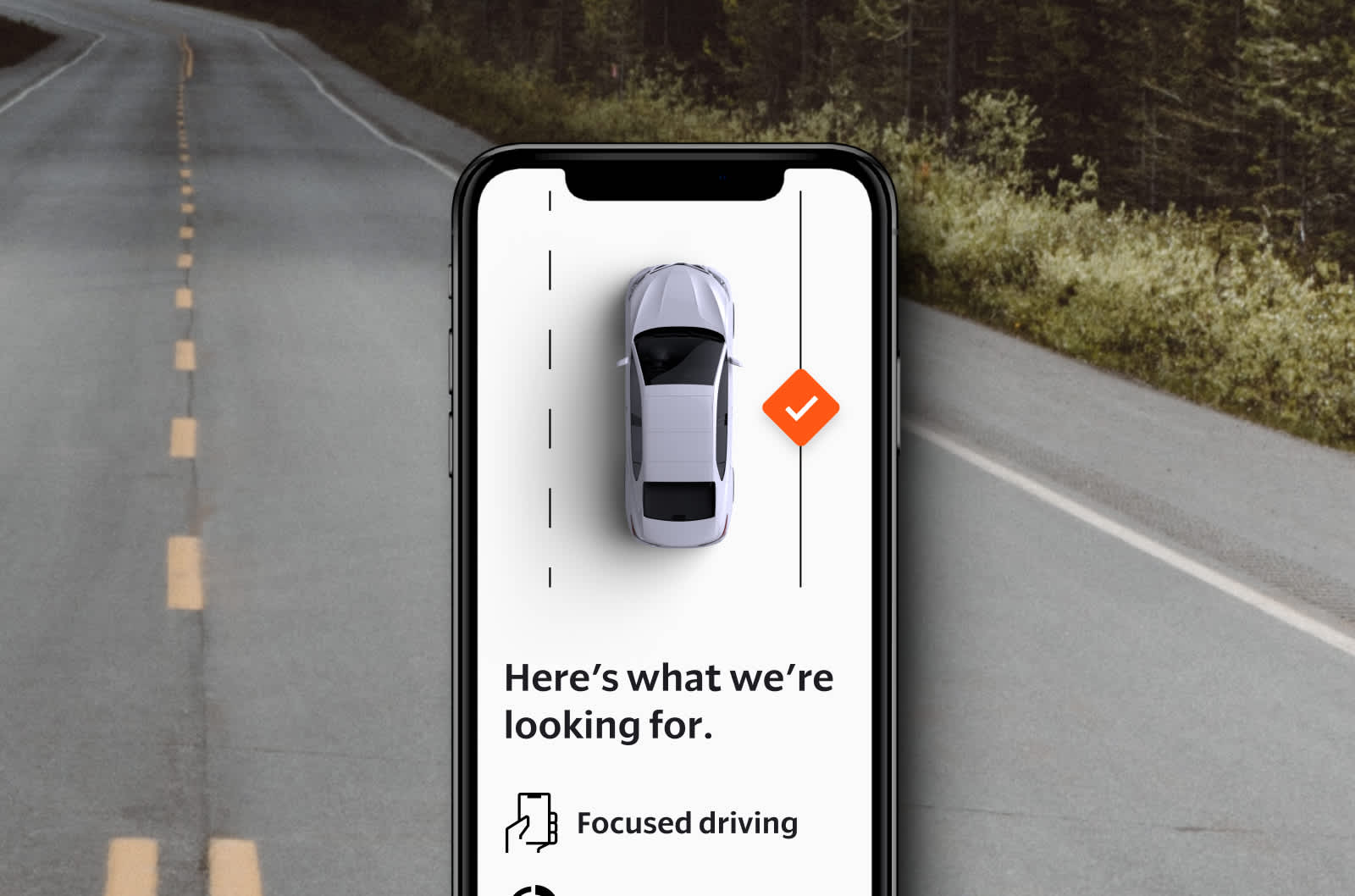October 28, 2020
Do speeding tickets affect insurance?
If you’ve recently received a speeding ticket, you might be wondering if you’ll be paying for it again with your car insurance carrier.

How much does insurance go up after a speeding ticket?
If you’ve recently received a speeding ticket, you might be wondering if you’ll be paying for it again with your car insurance carrier. Unfortunately, how much a speeding ticket costs can involve more than the price on the paper.
Whether your car insurance premium goes up after you get a speeding—or any—ticket depends on many factors, such as the type of ticket, how severe the violation, if you’ve gotten another ticket recently, and where you are when you’re ticketed, among others.
For instance, getting a speeding ticket for 16 miles over the limit in Texas costs customers an average increase of $600 for full coverage car insurance over three years, according to a NerdWallet analysis. And, in 2019, the average premium increase after a speeding ticket was $1,380 over three years, according to The Zebra.
Most likely, a ticket will affect your rate—but not always, and not always by the same amount.
For example, non-moving violations like parking tickets typically don’t affect your auto insurance rate—unless you don’t pay them and your license gets suspended. Or, if it’s your first speeding ticket, and you were only going a few miles over the limit, your insurance cost might not be affected at all.
If you do get a ticket under certain circumstances, you could lose your safe-driving discount or receive less discounts in the future, see a rate increase, or even lose your coverage.
Do speeding tickets go on your record?
Moving violations are considered part of your driving record, and getting one or more can make your insurer perceive you as riskier to insure. The more traffic violations or traffic tickets you have, the riskier you look.
And unless you have your coverage through a company like Root Insurance, which bases your rate primarily on your test drive, having tickets on your driving record could result in significantly higher rates.
Having speeding tickets on your driving record could result in significantly higher rates. According to Insurance.com, a speeding ticket for going 11-15 miles over the limit can hike your rate by 20%, on average. While getting two tickets for going 11 miles or more over the limit can raise your rate by an average of 43%. And according to The Zebra’s 2020 The State of Auto Insurance Report, a DUI could increase your insurance rate by $1,099 annually, on average.
When does a speeding ticket affect your insurance cost?
The way driving violations are handled by your car insurance company differs by violation, state, carrier, and your driving and insurance histories.
What type of violation was it and where do you live? The way states handle some types of violations or whether insurance companies are allowed to factor them into your rate—like getting caught texting, not wearing a seatbelt, or red-light camera tickets—varies widely by state laws. Typically, the points you receive on your license for moving violations like a minor speeding ticket fall off your motor vehicle report (MVR)—or driving record—within two to three years. But, that period can be shorter or longer, depending on the severity of the violation and your state’s laws—and some states, like Oregon, don’t even use point systems to monitor your driving record. For example, if you were going so fast that you were ticketed for reckless driving, those points will probably stick around longer in most states. Points from a DUI will stay on your record for a decade in California. You can check your state’s department of motor vehicles to find out more about how they assign points. Typically, insurance carriers will look back at points occurring during the last three to five years when pricing your insurance. Usually, increases will show up during renewal periods. Check the declarations page of your policy, or call your carrier to find out how they assess different traffic violations. Insurance.com offers a traffic ticket calculator to give you an idea of how much your rate could increase based on the type of violation and where it occurred.
Was it a first offense or one of many—and over what period of time? If you’re older than 25, and it was your first offense, you might not see a rate increase. Or, if you haven’t had a similar moving violation in the last three years, your insurance costs might not go up. The more speeding tickets you get in a three to five-year period, the more your rates will increase—or you could even lose standard coverage altogether or have trouble finding coverage in the future. Your previous driving and insurance histories always factor into your rate.
Where were you at when you were ticketed? If you get a speeding ticket in a state you don’t live in, your insurance might or might not go up. Most states share driving record information, but not all. And some, like Colorado, only share information for major violations such as DUIs or reckless driving.
What is your car insurance company? One of the most important factors in whether you’ll be charged more for your car insurance after getting a speeding ticket is what carrier you choose. This is because your driving record is the primary factor in how most traditional car insurance companies calculate your rate.
But even within traditional insurers, companies factor tickets into determining your risk level and price in different ways and for different amounts of time. But, at Root Insurance, we base your rate more on how you drive than your driving history. Our test drive measures your driving behavior over a period of time through the Root app on your phone—things like braking, turning and consistency. And since we only insure good drivers, we can keep our rates low. Which means—even if you have a ticket on your record—if you’re a good driver with Root, you could save hundreds on your car insurance annually.
How to get a better rate after a ticket
As we touched on above, the best option to reduce your rate after an increase—or anytime, really—is probably to shop around to different car insurance carriers. Because different companies rate and look back at risk differently, pricing can vary a lot from carrier to carrier.
Having said that, there are other ways you might be able to bring your car insurance rate down after a ticket.
If you feel a ticket was unfairly given, you could try to contest it. It might be a long-shot, but if you win, the violation will not appear on your driving record.
Go to traffic school or take a defensive-driving course. In most states, taking a driving course can reduce the points on your license—and how much of a risk you appear to insure. But whether you can have points dismissed from a violation usually depends on things like the county where the violation occurred and the severity of the ticket. And there is usually a limit to how many points you can have dismissed over a period of time. Often, these courses can be taken online. And many car insurance companies will offer customers a discount for voluntarily taking a safe-driving course anytime.
Take a good look at your coverages, deductibles and limits—and be conservative with your claims. Increasing your deductibles, changing your coverages or lowering your limits might help reduce your insurance rate. However, whether adjusting your overall coverage is right for you depends on your insurance needs, level of risk tolerance, the value of your vehicle, and your ability to pay out of pocket costs after an accident, among other factors.
Check out our blog series on understanding coverages to learn more.
Being conservative with whether you file a claim after an incident can help prevent your insurer from raising your rate. If the incident was very minor, it might make more sense not to file.
If you do need to file a claim and you’re a Root customer, the Root app makes filing quick and easy.
Look into multi-line discounts or other discounts. Some companies offer multi-line discounts to customers who carry more than one type of insurance with them—for instance, when you bundle auto and homeowners coverages or auto with renters.
Some carriers also offer small discounts for things like going paperless or being an infrequent driver.
Drive safely—and stay focused. Maybe the most important way to reduce your insurance costs over time—or prevent a pattern of tickets from affecting your car insurance costs—is to practice focused driving, stay safe on the road and avoid getting another ticket.
Root offers a Focused Driving Discount to customers who avoid using their mobile phones while driving.
While getting a speeding ticket or another moving violation likely will affect your rate, your driving record doesn’t have to be the primary factor in determining how much you pay for your car insurance.
At Root, the No.1 factor in your car insurance rate is how you actually drive with our app.
So, if your car insurance premium recently went up due to a moving violation, or you think it might, download the Root app today to see how Root compares.
*Root does not endorse any third-party content. We do not guarantee the accuracy or completeness of the information provided. The information contained in this blog is provided for educational purposes only and does not constitute legal advice.
Related Posts

February 18, 2019
5 tips for switching car insurance companies
Changing your car insurance company is not as complicated as you might think, and switching could amount to big savings that are worth a small hassle. Read more

October 06, 2017
How Root prices car insurance fairly
You might already know we offer a different kind of car insurance experience—based entirely within our app—and that good drivers could save hundreds annually. But how does Root Insurance pricing work differently, too? Read more

February 28, 2019
Top 3 questions about Root’s test drive
At Root Insurance, your car insurance rate is based primarily on how well you drive. Really. The better you drive, the more you could save. Read more